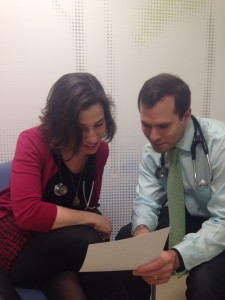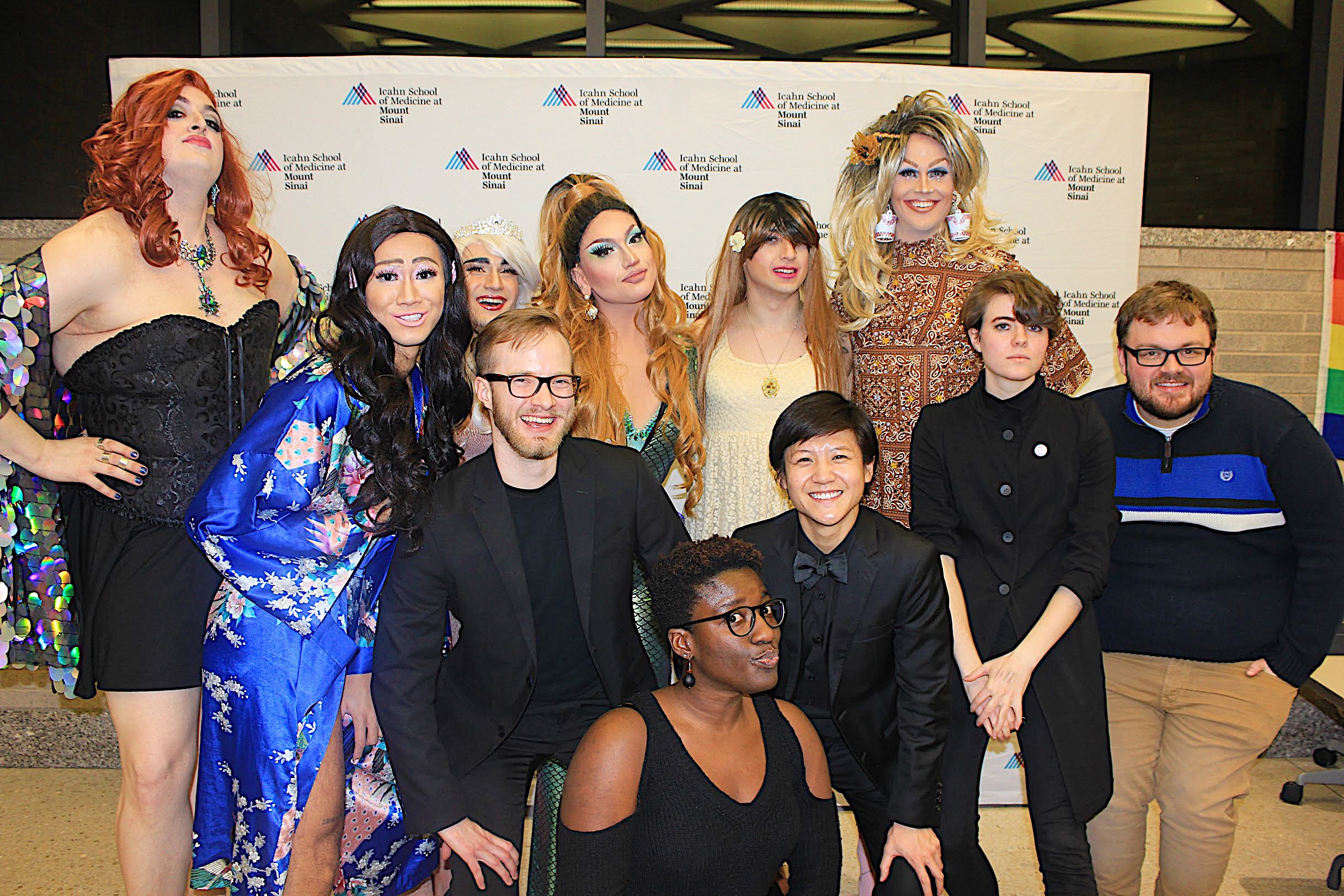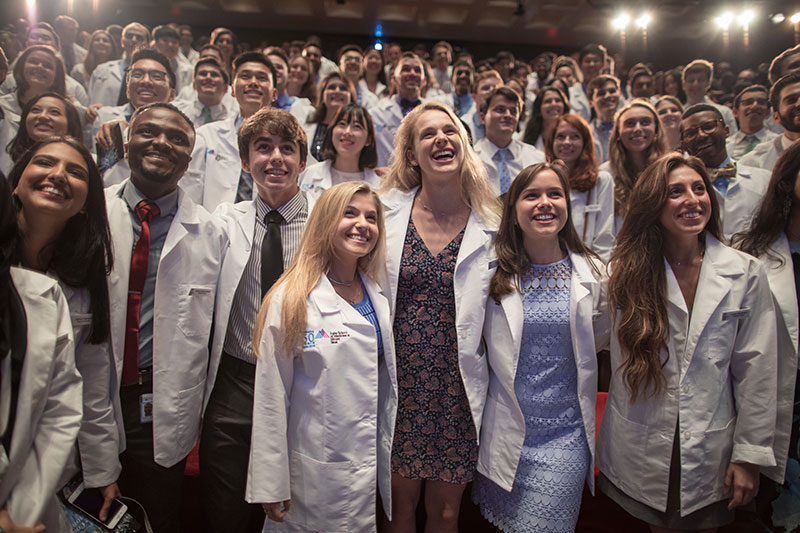 Christopher Su, MD/MPH Student, Class of 2015, reflects on his participation in the Interclerkship Ambulatory Care Track (InterACT). InterACT is a 13-week integrated clerkship which provides select third-year medical students with a longitudinal clinical experience grounded in the foundations of ambulatory medicine, chronic illness care and care for vulnerable persons.
Christopher Su, MD/MPH Student, Class of 2015, reflects on his participation in the Interclerkship Ambulatory Care Track (InterACT). InterACT is a 13-week integrated clerkship which provides select third-year medical students with a longitudinal clinical experience grounded in the foundations of ambulatory medicine, chronic illness care and care for vulnerable persons.
If I were to choose the single most important thing that InterACT has taught me, it would be the value of communication.
Coming into third year fresh off Step 1, it was somewhat alarming to be thrown directly into the fray. On the first day of Pediatrics I was asked to do a “well-child check” on a 4 year-old. “What’s a well child check?” “Don’t worry too much about it at this point – there’s a milestones checklist that you can use on Epic, but just go play with the kid and see if she looks sick or not.”
So off I went, and listened to the child jabber about preschool and reviewed her sprawling pictures on the paper covering the exam table. Certainly “not sick.” Eventually, I would learn that a 3 year-old should be able to copy a triangle, a 4 year-old a cross…and so on. But from the first day of InterACT I learned that even without having any knowledge of what is going on – just listening goes so far in clinical examination. If you listen closely enough, the patient will often simply tell you what is wrong.
In contrast to the emphasis on listening, I learned how to alter my communication styles to reach patients with compounding psychiatric conditions.
One schizophrenic patient I worked with through the year was overweight and had mild diabetes. I attempted for the better half of the year to alter his diet. However, he often perseverated over numerous topics during the course of our visit and it was often challenging to redirect our conversations. After several visits counseling him to cut back on soda (primarily Sprite), he proudly told me that he no longer consumes soda, only to offer me ginger ale at the end of the visit. “I thought you said you no longer drink soda?” “This is not soda, it’s ginger ale!” The cycle began anew at the next visit. But even with him, I was happy to have discovered that soda bottles were truly missing at the end of the year. They may return – but for now, at least I am achieving small changes. Without the longitudinal component of InterACT, I would not have been able to take these small steps.
Through the maddening rush of third year, the InterACT weeks provided a secluded harbor from the abrupt, stormy transitions between clerkships – figuring out and getting used to how a certain rotation expects you to present, how you are expected to fit in with the team…etc. Your InterACT patients are always there when you return to the InterACT weeks, and it was rewarding to work longitudinally with the same preceptors without going through introductions anew. I began the year shaky on my communication skills, but I felt that InterACT has taught me much in this aspect through establishing longitudinal patient and preceptor relationships and has gone a long way in addressing my self-doubt. For this, I am grateful to the InterACT program for all the meaningful experiences this year.
 Christopher Su is an MD/MPH Student, Class of 2015
Christopher Su is an MD/MPH Student, Class of 2015
During its first 4 years (2010-2014) InterACT was fully funded with a grant from the Josiah Macy Jr. Foundation titled: Educating Future leaders in the Primary Care of Persons with Chronic Illnesses and the Medically Disenfranchised through Longitudinal Clinical Experiences.










